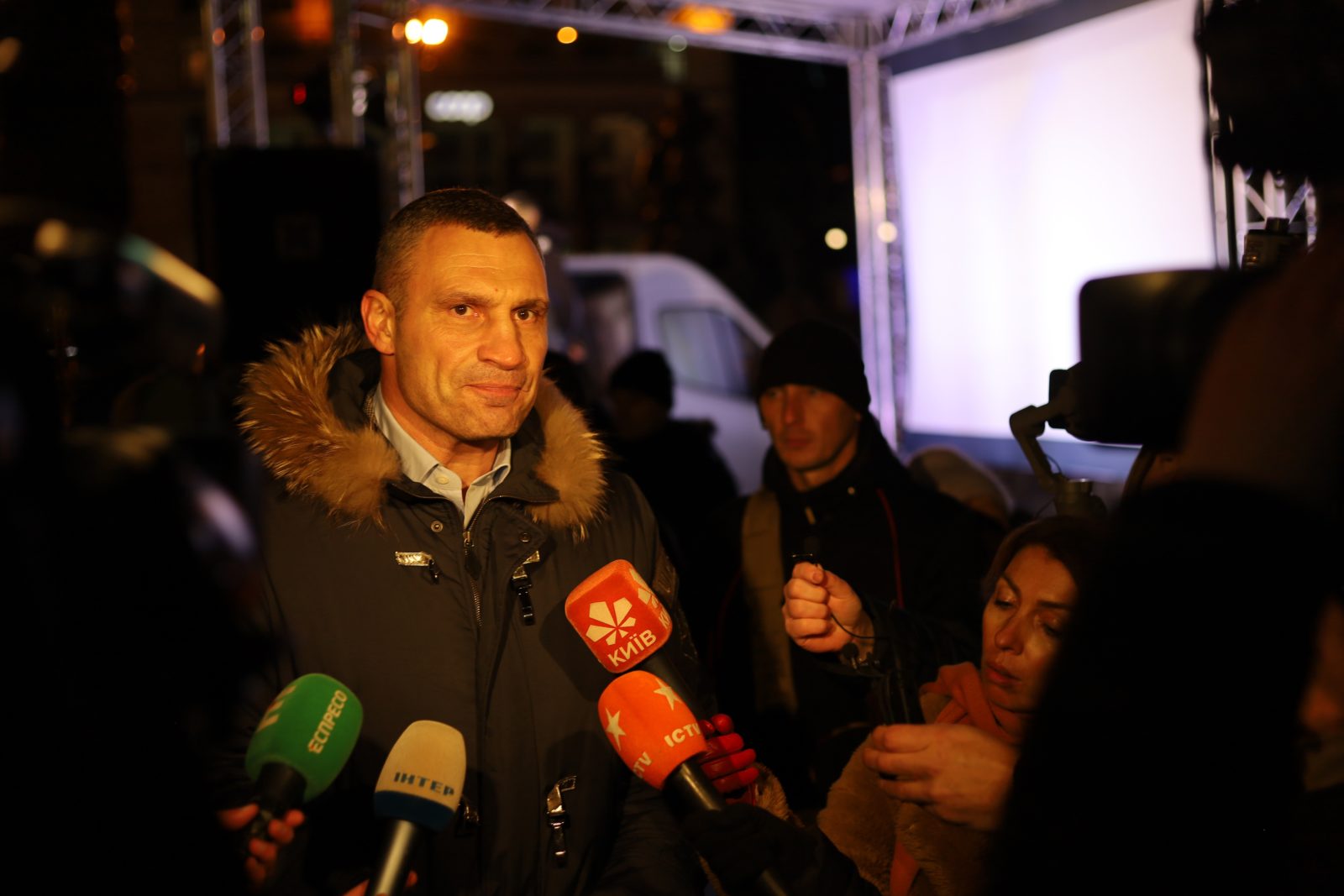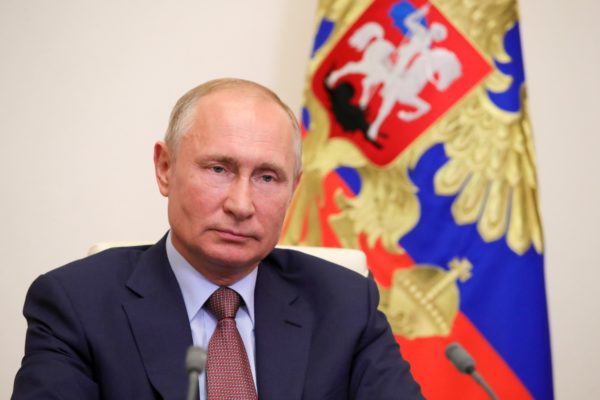The Media Weekly: Tipping point for Putin’s propaganda, as fake news meets reality on the frontlines
[Main image: Photographer RM/Shutterstock.com]
There can be no doubt where the media cycle lies at present, or indeed from where the lies about the media cycle are currently emanating. So I’ve decided to use this week’s round-up to bring some of the key issues surrounding Putin’s disinformation (and now sadly also physical) war against Ukraine under one roof, and seeing if we can’t also join up a few of the dots – and arrive at a little bit of analysis – while we’re about it…
FIPP World Update
The first thing to say is that since first publishing The Weekly on Tuesday, we’ve seen some huge global media companies make their own public statements on the current situation in Ukraine. Two of the biggest are the BBC and Axel Springer, who have provided hard data – and in the latter’s cash cold, hard cash – to help shine a true media spotlight on the world stage:
Millions of Russians turn to BBC News
The audience for the BBC’s Russian language news website more than tripled its year-to-date weekly average, with a record reach of 10.7m people in the last week (compared to 3.1m). In English, bbc.com visitors in Russia were up 252% to 423,000 last week. Full story here.
Axel Springer provides €500,000 to assist the activities and investigative reporting of Ukraine-based media outlets
“In war, truth is the first casualty,” says Döpfner. “Free, independent reporting on the ground is indispensable to prevent this. While our correspondents can make a valuable contribution in that regard, promoting the country’s own media sector and safeguarding its very existence is even more important.”
“Ukrainian journalists are currently working under the most arduous of conditions, often even risking their lives. Through monetary and in-kind donations, we want to help them not only continue but also expand their important work.” Full story here.

Fake News meets Reality
Of course, we’re all well aware just how virulent Vladimir Putin’s disinformation campaign has become in recent years, but there have been signs this past week that the spell is beginning to be broken, as fake news meets reality on the frontlines.
Perhaps the most stark example of this came at yesterday’s United Nations General Assembly meeting, when Sergiy Kyslytsya – Ukraine’s Ambassador to the UN, read what he reported to be the last words of a Russian soldier to his mother from Ukraine:
“Mama, I’m in Ukraine. There is a real war raging here. I’m afraid. We are bombing all of the cities together, even targeting civilians. We were told that they would welcome us and they are falling under our armoured vehicles, throwing themselves under the wheels and not allowing us to pass. They call us fascists. Mama, this is so hard.”
Fact checking from the frontline
Meanwhile, Time magazine runs an article titled, ‘How Putin Is Losing at His Own Disinformation Game in Ukraine’, in which Investigative Correspondent, Vera Bergengruen, looks at the inescapable truth that the Kremlin is reporting one thing, while the rest of the world is seeing something very different with their own eyes:
‘As Russian troops closed in on Kyiv and battered the Ukrainian capital with missile strikes on Friday, rumours spread by Russian state media said that President Volodymyr Zelensky had fled the country.’
‘That evening, as he has been doing for weeks, Zelensky sought to debunk the Russian disinformation narrative directly. In a defiant video posted on social media, he filmed himself by the Bankova, Ukraine’s equivalent to the White House, flanked by the prime minister and other top officials.’
RTs take down RT
One entity feeling the full force of editorial integrity’s fightback against fake news, is Russian state-controlled television network RT, which again we know has been at the helm of Putin’s disinformation campaign for many years now. The EU has announced that it will be banning the station – along with Russian state-owned news agency, Sputnik, while UK media regulator Ofcom has launched 15 separate investigations into RT’s coverage of the war in Ukraine.
Tech side gets tough
If Putin is succeeding at one thing right now, it’s unifying the free and peace-seeking world that stands around him. We see this in the EU, with see this throughout NATO, and we also see it in the tough stance that the tech side of the industry is now taking itself on fake news.
Meta is publishing what is by this point almost a rolling liveblog of the actions it is taking to protect people in Ukraine, with VP of Global Affairs and former UK Deputy Prime Minister, Nick Clegg, announcing that the company will impose its own restrictions upon RT and Sputnik:
“We have received requests from a number of Governments and the EU to take further steps in relation to Russian state controlled media. Given the exceptional nature of the current situation, we will be restricting access to RT and Sputnik across the EU at this time.”
Meanwhile, Twitter and TikTok have imposed their own sanctions on Russian media, and we’ve seen FIPP’s own media partner, PressReader, opening up its digital newsstand content to all in Ukraine to help facilitate the flow of accurate reporting in the country.
Tipping point
The situation of course remains serious – and harrowing – and we know that at least two Danish journalists have already been injured in reporting on the situation.
But if I was to apply one single phrase of editorial analysis to the current media landscape involving Russia, Ukraine, and the rest of the world, it would be: Tipping Point. We’ve seen attempts by the Russian state to ban Twitter within the country, attempts by its media regulator Roskomnadzor to ban words such as ‘assault, invasion, or war’ in reporting on the war, and attempts to spread outright lies by Russian state media, as exemplified above by the true whereabouts of President Volodymyr Zelensky.
But we are also now seeing open protests – and arrests – on the streets of Russia itself. And while Vladimir Putin may have had some success in the early years of social media, in terms of hijacking and leveraging these open platforms to promulgate his own ‘alternative facts’, both the media and tech sides of the industry now appear to be fighting back against this misuse.
Only time will tell, and the main priority for all concerned remains, as it always does, the protection of life, but I believe we are seeing preliminary signs now that the perseverance of facts, truth, and accurate reporting are at least beginning to quell the march of fake news that we have seen ascend over the past two decades.










